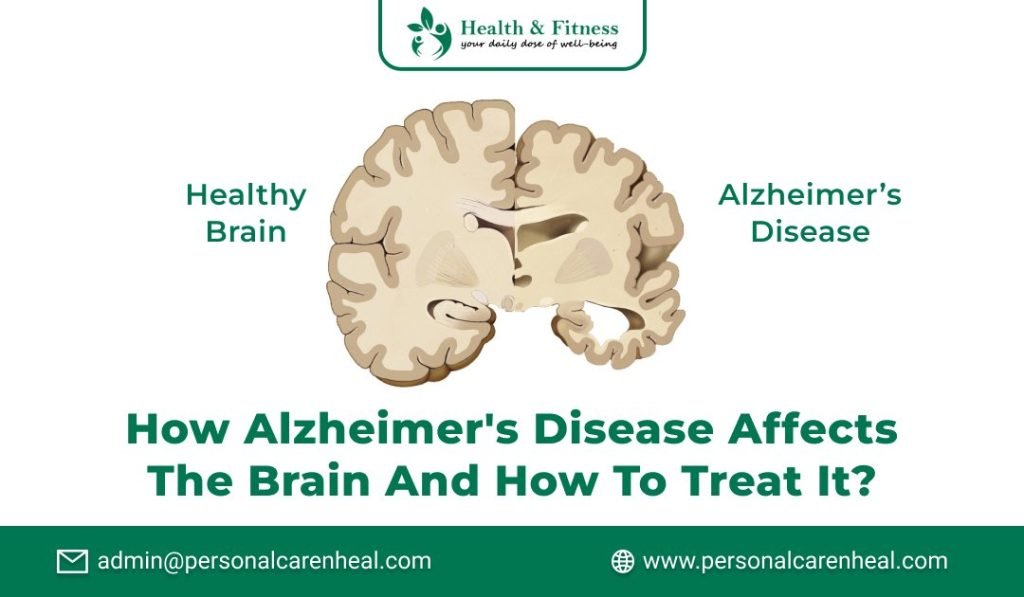Alzheimer’s disease is a disease that can result in a decline in memory, learning, thinking, and organizing skills after some time. To know Alzheimer’s disease symptoms and possible treatment options, continue reading this blog.
What is Alzheimer’s Meaning?
Alzheimer’s disease is a brain disorder that slows down the ability of the brain to learn, think and perform even simple tasks.
Alzheimer meaning in Tamil: அல்சைமர் நோய் என்பது மூளைக் கோளாறாகும், இது மூளையின் கற்றல், சிந்திக்க மற்றும் எளிய பணிகளைச் செய்யும் திறனைக் குறைக்கிறது.
Alzheimer meaning in Malayalam: ചെറിയ ജോലികൾ പോലും പഠിക്കാനും ചിന്തിക്കാനും നിർവഹിക്കാനുമുള്ള തലച്ചോറിന്റെ കഴിവിനെ മന്ദഗതിയിലാക്കുന്ന മസ്തിഷ്ക വൈകല്യമാണ് അൽഷിമേഴ്സ് രോഗം.
Alzheimer meaning in Telugu: అల్జీమర్స్ వ్యాధి అనేది మెదడు రుగ్మత, ఇది సాధారణ పనులను కూడా నేర్చుకునే, ఆలోచించే మరియు నిర్వహించే మెదడు సామర్థ్యాన్ని తగ్గిస్తుంది.
Alzheimer disease meaning in Hindi:अल्जाइमर रोग एक मस्तिष्क विकार है जो मस्तिष्क की सीखने, सोचने और साधारण कार्य करने की क्षमता को धीमा कर देता है।
Alzheimer’s symptoms get worse over time. It can be a cause of dementia and affect people above 65 years of age. There is no specific cure for Alzheimer, but certain medications can help manage symptoms on a temporary basis.
What are the Causes of Alzheimer’s Disease?
Alzheimer’s disease is caused by the build-up of proteins abnormally in the brain. Brain cells start getting destroyed with the build-up of proteins – tau protein and amyloid protein. The human brain has above 100 billion nerve cells and other cells. Together, the nerve cells carry out all the communications required to carry out tasks like thinking, learning, remembering, and planning.
According to scientists, amyloid protein assembles into bigger masses known as plaques inside your brain cells. Tau tangles are made of twisted tau protein fibres. These plaques and tangles obstruct nerve cell communication, which stops the nerve cells from performing their functions.
The signs of Alzheimer’s disease are caused by the continual, progressive loss of nerve cells. The hippocampus, which governs memory, is where nerve cell loss typically begins in the brain before spreading to other parts.
Also Read: Promoting Awareness and Education on World Alzheimer’s Day
What are Alzheimer’s Disease Symptoms?
The symptoms of Alzheimer’s disease may vary from one person to another and they depend on the different stages of Alzheimer’s disease. In general, the symptoms involve a decline in some or all of the following:
language
memory
reasoning
managing complex tasks
behaviour and personality
Different Alzheimer Stages
The stages of Alzheimer’s disease start with mild symptoms and ends with severe symptoms. Healthcare providers can recommend medicines by knowing these stages, and they can take better decisions.
Preclinical Stage
Changes in the brain start several years before the person starts noticing symptoms of the disease. This period of time is referred to as preclinical Alzheimer’s disease.
Mild, Alzheimer’s Early Symptoms
Mild stages of Alzheimer’s include mild forgetfulness. Many people assume that it is because of ageing. A person may face problems like:
remembering a name of a thing or a person
staying organized
making plans
managing money
recalling events that may end recently
Moderate, Middle Stage
This is the longest stage and may last many years. At this stage, symptoms include:
increasing trouble recalling recently ended events or upcoming events
problem learning new things
the trouble with planning events
problems with writing, reading, and working with numbers
a person may be anxious, agitated, restless
Severe, Late Stage
At this stage, a person may:
need help with all kinds of activities
may lose control of bladder and bowel
get infections easily, like pneumonia
loses various physical activities, including sitting, walking, and eating
Diagnosis of Alzheimer’s Disease
To diagnose the problem, the healthcare provider uses various types of tests to check how well the person’s brain is working. These are usually memory tests. They may seem like word games or puzzles. The doctor may also check the health history of the patient and check for other causes of confusion and memory loss. These tests may include brain scans, such as MRI, CT, or PET scans.
Alzheimer Treatment
Well, there is no cure for Alzheimer’s disease. Treatment may vary depending on a person’s overall health, age, symptoms, health history, and preferences. Some medications can slow down the progress of Alzheimer’s disease in some people. These may be effective for a few months to a few years. Your healthcare provider may suggest strategies to help you manage your condition, for instance:
use of relaxation techniques
creating a calming environment
streamline tasks
limit confusion
Conclusion
Scientists are trying to discover the causes of the complex disease of Alzheimer’s. A healthy lifestyle could contribute to its prevention. It’s crucial to tell your healthcare provider if there is a history of Alzheimer’s disease in your family. Moreover, keep yourself updated with blogs on health by subscribing to Personal Care N Heal.
Checkout Other Blogs:



